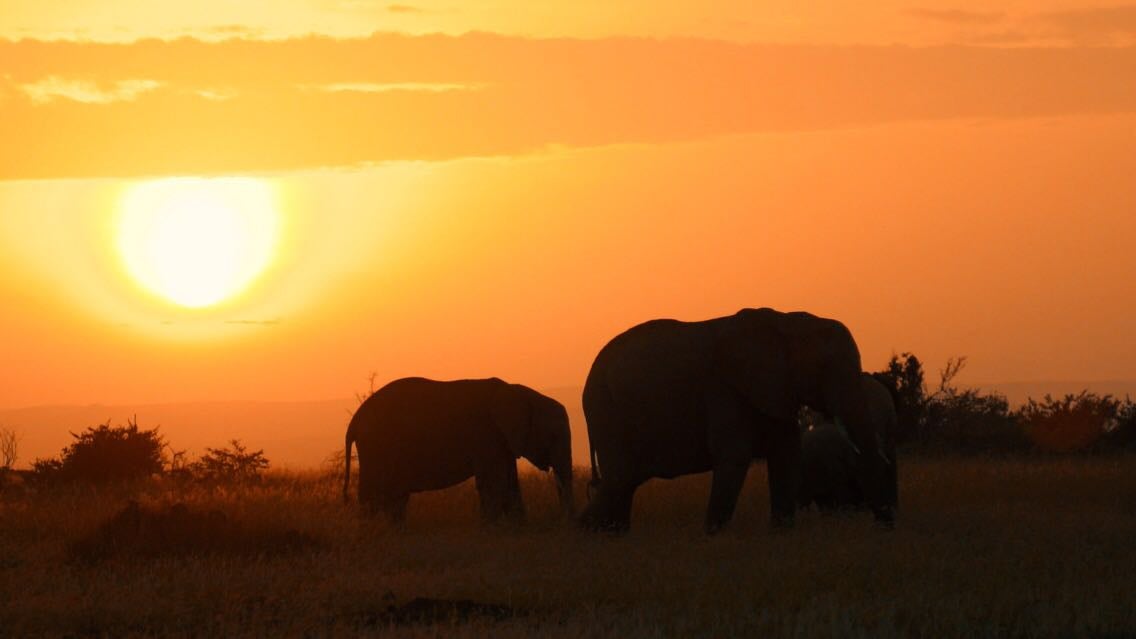Conservation laws must focus on people
Political coherence key to Botswana developing impactful conservation policies for sustainable development

Your support helps us to tell the story
From reproductive rights to climate change to Big Tech, The Independent is on the ground when the story is developing. Whether it's investigating the financials of Elon Musk's pro-Trump PAC or producing our latest documentary, 'The A Word', which shines a light on the American women fighting for reproductive rights, we know how important it is to parse out the facts from the messaging.
At such a critical moment in US history, we need reporters on the ground. Your donation allows us to keep sending journalists to speak to both sides of the story.
The Independent is trusted by Americans across the entire political spectrum. And unlike many other quality news outlets, we choose not to lock Americans out of our reporting and analysis with paywalls. We believe quality journalism should be available to everyone, paid for by those who can afford it.
Your support makes all the difference.By Keletso Thobega for Botswana Guardian
Prioritising effective conservation is a cornerstone of sustainable development in Botswana, and achieving this requires clear laws and policies, which are formulated through active engagement with community members.
Currently, it is the lack of political will that is impeding the revision or development of conservation policies, some of which are as old as 20 years, and don’t resonate with challenges in the modern world such as climate change, an urgent threat to sustainable livelihood.
Speaking to Botswana Guardian, former Member of Parliament for Gaborone Central, Phenyo Butale, who is also a key member of the Botswana Parliamentary Caucus, noted that if
Government is to come up with conservation policies, there should be considerations for whether it is government approved, or each department has its own approach.
The caucus was established with the aim to help bring policy makers and legislators close to communities and help them devise and present policies that speak to the lived experiences of people, and benefit from the nuances that come with the interaction. He noted that the country has different political leadership, which is necessary in a democracy; however, there should be a consistency in the level of commitment towards conservation.
He said the core challenge is the disconnect and gaps. “There is a disconnect between policy formulation and law making and the reality on the ground. When laws and policies are made, they should, for example, be in line with the natural habitat of people in those communities, and those who interact with the flora and fauna.”
Butale, together with Francistown East legislator, Wynter Mmolotsi, who is also part of the Parliamentary conservation caucus, recently attended a high-level political forum on sustainable development, the International Conference on Policy Coherence and Political Consistency in Conservation, hosted by the International Conservation Caucus Foundation in Costa Rica.
The forum principles are cemented on building political commitment towards issues on conservation and sustainable development. The agenda for the conference this year, focused on encouraging political consistency and policy coherence in the area of conservation.
Butale said that the conference concluded that greater environmental benefits can accrue to various countries, including Botswana, if policy coherence and political consistency is achieved.
“This can be realised by doing away with priority contradictions. The conference concluded that to achieve these goals; firstly, there should be consensus over a global vision; an overarching objective at both national and international level.
“Secondly, the various approaches and country specifications often become building blocks towards achieving the overall goal,” he said.
This article is reproduced here as part of the African Conservation Journalism Programme, funded in Angola, Botswana, Mozambique, and Zimbabwe by USAID’s VukaNow: Activity. Implemented by the international conservation organization Space for Giants, it aims to expand the reach of conservation and environmental journalism in Africa, and bring more African voices into the international conservation debate. Read the original story here.
Join our commenting forum
Join thought-provoking conversations, follow other Independent readers and see their replies
Comments